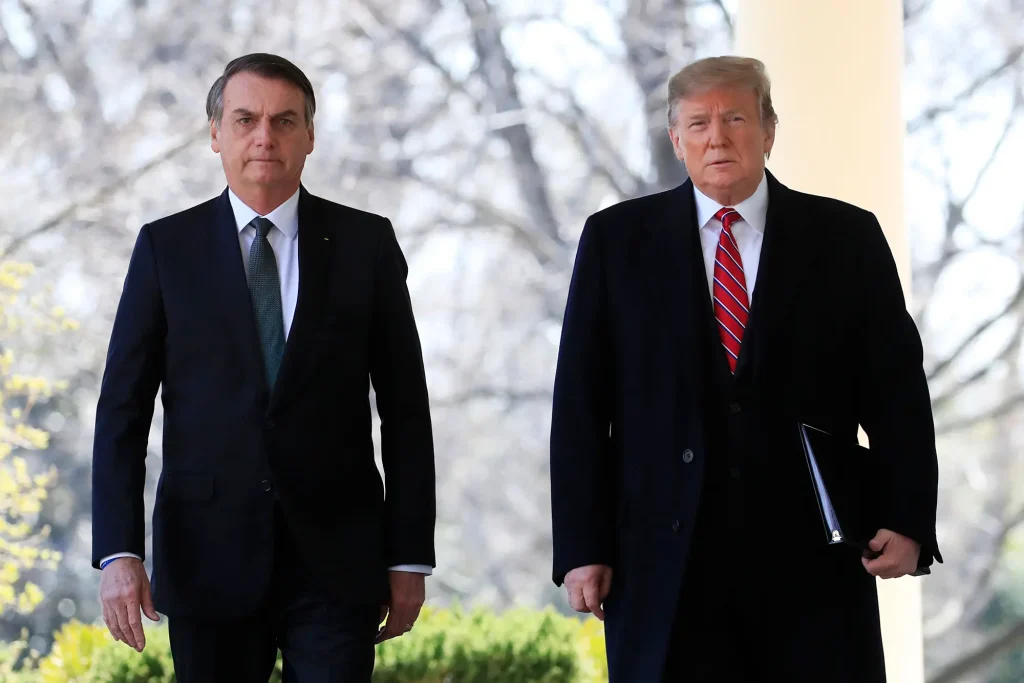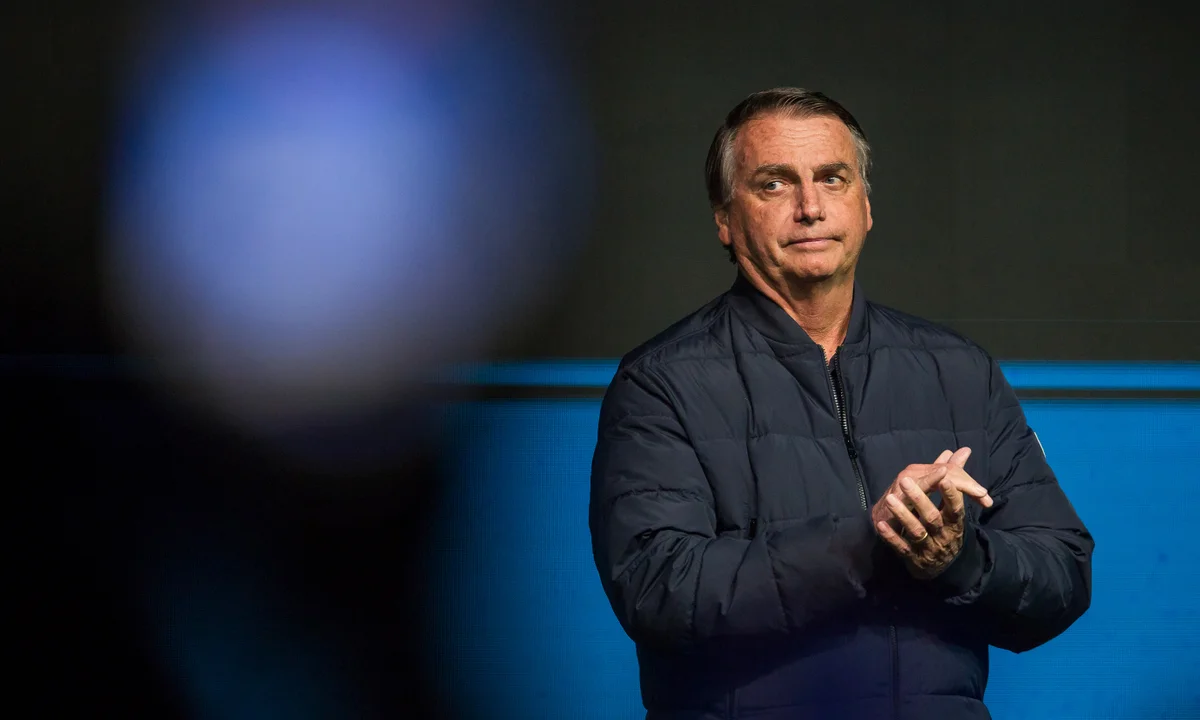Brazil’s former leader, Jair Bolsonaro, is required to wear an electronic monitoring device as he waits for a ruling in his trial regarding charges of attempting a coup, a decision made by a Supreme Court judge on Friday.
Judge Alexandre de Moraes, who opposes Bolsonaro and is presiding over the trial now approaching its conclusion, said that the far-right politician and his son Eduardo had provoked “hostile actions” against Brazil.
Bolsonaro faces allegations of attempting to remain in office by reversing the results of the 2022 election, which was won by his left-leaning rival, current President Luiz Inácio Lula da Silva.
He reacted strongly to the order for the monitoring device, describing it as a “supreme humiliation.”
This case represents an extraordinary reckoning for a nation still affected by a military dictatorship lasting two decades that ended in 1985. It has also placed Brazil in a growing conflict with the United States, where President Donald Trump is attempting to use trade tariffs to influence the court to terminate the trial.
Prosecutors argue that Bolsonaro’s 2022 scheme failed solely because the military chose not to support him.
Supporters committed acts of violence, rioting and vandalising government buildings in the capital, Brasilia, reminiscent of the assault on the US Capitol by Trump’s supporters following his defeat to Democrat Joe Biden in 2020.
On Tuesday, the prosecution informed the Supreme Court that former army officer Bolsonaro and seven others were culpable of engaging in “armed criminal association” and had aimed to “violently disrupt the democratic order.”

A panel of five justices is now poised to determine the former president’s fate. If found guilty, Bolsonaro and his co-defendants may face sentences of up to 40 years in prison.
Trump has consistently taken to social media to call for an end to Bolsonaro’s “witch hunt” trial. On Thursday, Trump shared a letter directed at Bolsonaro, asserting that “the trial should end immediately!” and labelling the right-wing leader as “highly respected.”
On July 9, Trump intensified his campaign of pressure by announcing plans to impose a 50 per cent tariff on Brazilian imports to the United States.
Additionally, Washington has announced that it is launching an investigation into “unfair trading practices” by Brazil, which could provide a legal basis for imposing tariffs on the largest economy in South America.
Unlike the tariffs Trump is imposing on numerous countries worldwide, including key US allies, the measures against Brazil—which are scheduled to take effect on August 1—were announced with explicit political motives.


 Trending
Trending 
